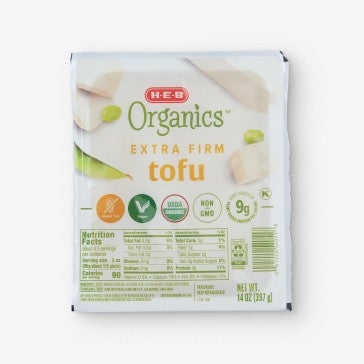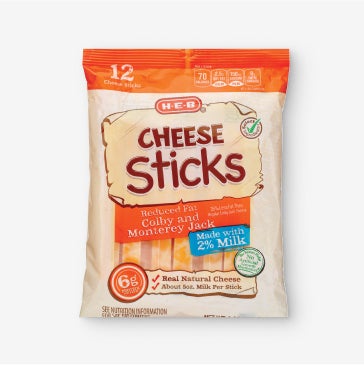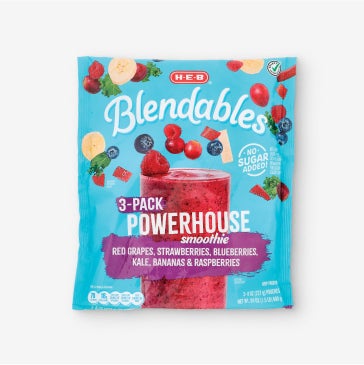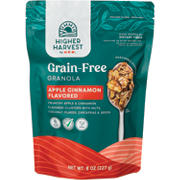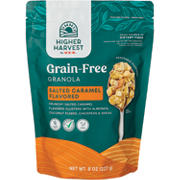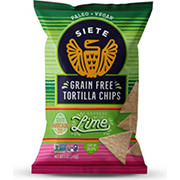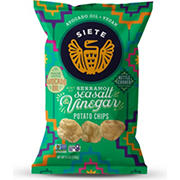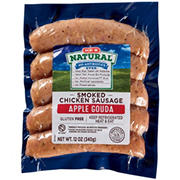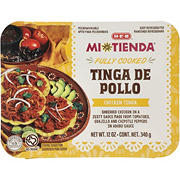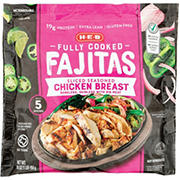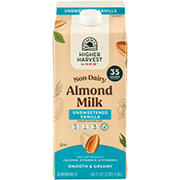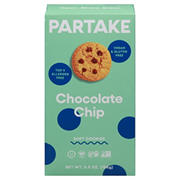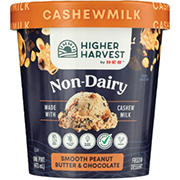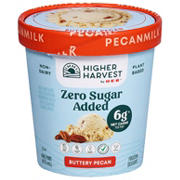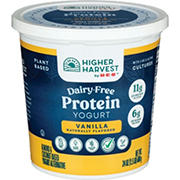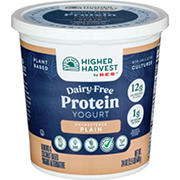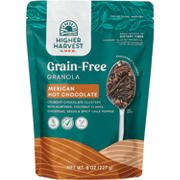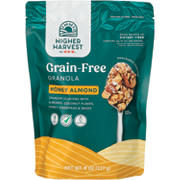Dairy, gluten, soy & nut free
Skip Quick & easy gluten free meal solutions carousel
Quick & easy gluten free meal solutions
Gluten free
Skip Safe, tasty, and perfect for school carousel
Safe, tasty, and perfect for school
Top 9 allergen-free
Skip Shop recipes carousel
Shop recipes
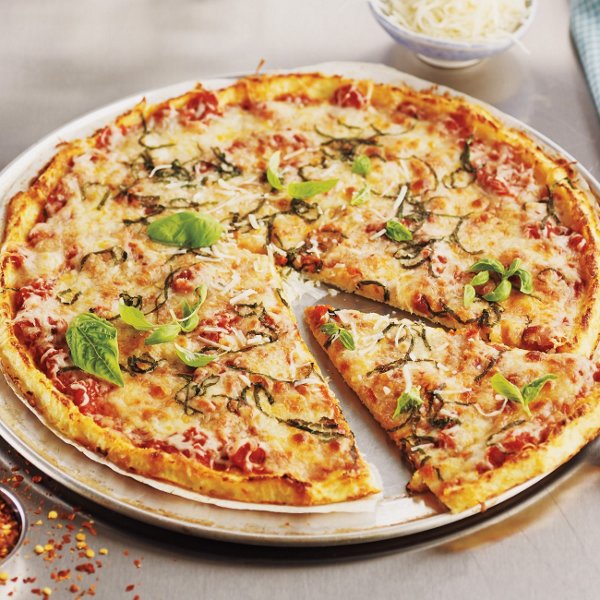
Cauliflower Pizza
1 hr 5 min6 ingredientsUnsaved Cauliflower Pizza
Rice Spirals with Asparagus and Tomatoes
25 min6 ingredientsUnsaved Rice Spirals with Asparagus and Tomatoes
Roasted Red Pepper and Eggplant Tacos with Balsamic Honey
40 min9 ingredientsUnsaved Roasted Red Pepper and Eggplant Tacos with Balsamic Honey
Banana Bread made with Gluten Free Flour
1 hr 10 min13 ingredientsUnsaved Banana Bread made with Gluten Free Flour
Spicy Black Bean Dip with Baked Tortilla Chips
20 min8 ingredientsUnsaved Spicy Black Bean Dip with Baked Tortilla Chips
Chocolate Chip Pancakes made with Gluten Free Baking Mix
30 min6 ingredientsUnsaved Chocolate Chip Pancakes made with Gluten Free Baking Mix
Chicken Parmigiana made with Gluten Free Flour
25 min8 ingredientsUnsaved Chicken Parmigiana made with Gluten Free Flour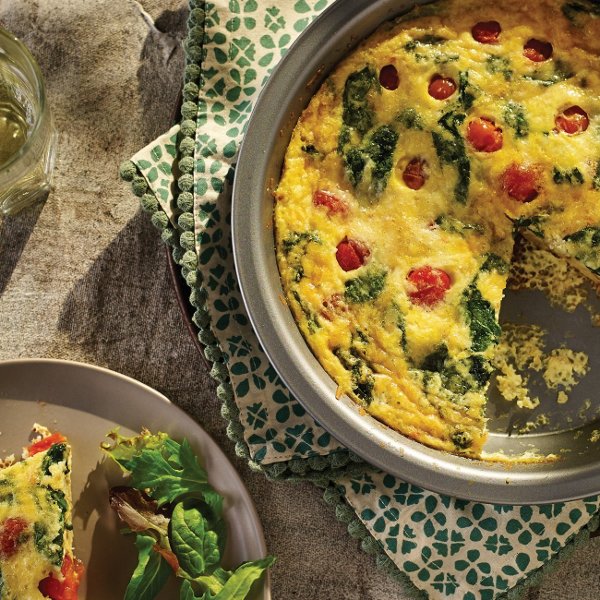
Spinach and Caramelized Onion Quiche
55 min16 ingredientsUnsaved Spinach and Caramelized Onion Quiche
Chocolate Chip Muffins made with Gluten Free Baking Mix
35 min6 ingredientsUnsaved Chocolate Chip Muffins made with Gluten Free Baking Mix

Promoted
Need more nutrition guidance?
Meet 1-on-1 with an H‑E‑B dietitian to learn about foods that fit your lifestyle. Virtual or in-person appointments available.
Learn morePromoted
Need more nutrition guidance?
Meet 1-on-1 with an H‑E‑B dietitian to learn about foods that fit your lifestyle. Virtual or in-person appointments available.
Learn more

